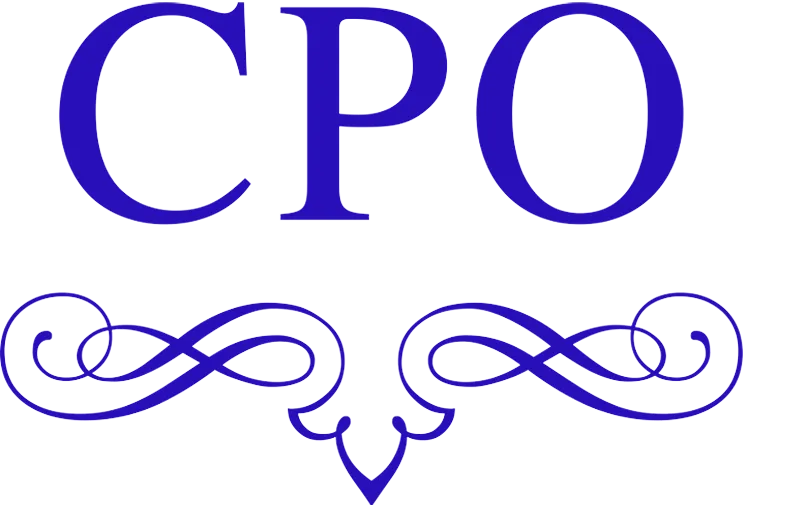Organising tips
At Classic Professional Organising, we believe with an organised lifestyle you can easily create success
Vision board organising tips
-.
Closet Organising Tips
-
PC File organising tips
-
Vision board organising tips
As we close out this year and prepare to welcome 2026, it's the perfect time to align your goals with your dreams and set powerful intentions for the future. Imagine having a tool that keeps you organized and focused on your journey—introducing the transformative magic of a vision board.
A vision board is more than just a collage; it's a dynamic visual representation of your goals, dreams, and aspirations. Creating a vision board brings clarity to your desires and keeps them at the forefront of your mind. Whether you're strategizing to organize your home, nurturing personal growth, or striving for career excellence, a vision board serves as your daily reminder of what you're aiming for.
This month, dedicate some time to gather images, quotes, and affirmations that speak to your vision for 2026. Arrange them creatively on a board that inspires and motivates you. By placing your vision board in a visible spot, it becomes a guiding force, consistently directing you towards your goals for the upcoming year.
Closet organising tips
Sort and Declutter
:Start by taking everything out
of the closet. Go through each item and decide what to keep, donate, or discard. Encourage your clients to be honest about what they actually use.
Categorize Clothing
Group similar items together—such as tops, pants, dresses, and coats. Consider subcategories like
casual and formal wear.
Use Uniform Hangers
Invest in matching hangers to
create a streamlined look and maximize space. Slim, non-slip hangers are particularly effective for saving space.
Seasonal Rotation
Store off-season clothing in bins or vacuum-sealed bags to free up space for current essentials.
Vertical Space Utilization
Make use of the vertical space by adding
shelves or hanging organizers for shoes, handbags, and accessories.
Drawer Dividers and Boxes
Use dividers for
organising smaller items like socks, underwear, and accessories. Clear boxes
are helpful for visibility.
Label Everything
Use labels to maintain organisation, especially for bins and boxes, so everything has its designated
spot.
Regular Maintenance
Encourage revisiting the
closet every few months to reassess and keep the organisation system
functional.
PC File organising tips
Create a Hierarchical Structure
Develop a clear folder hierarchy with main categories and subcategories. For example, start with broad categories like "Work," "Personal," "Projects, "and drill down into more specific subfolders.
Consistent Naming Conventions
Use clear and consistent naming conventions for files and folders. Include dates or version numbers where applicable to make files easier to locate.
Folder Prioritization
Keep frequently accessed folders and files at the top level or use shortcuts for quick access.
Utilize Tags and Labels
If your operating system allows, use tags or labels to categorize files across different folders based on themes or needs.
Archive Regularly
Periodically move older, less-used files to an archive folder or external storage. This reduces clutter in active folders and keeps your system running smoothly.
Routine Filing Practices
Dedicate time at the end of each day or week to file new documents into their designated folders to prevent digital clutter.
Eliminate Redundancies
Regularly review your files and delete duplicates or unnecessary versions.
Backup Important Data
Ensure critical data is backed up regularly, either on cloud-based services or external drives.
© Classic Professional Organising 2025
All Rights Reserved
